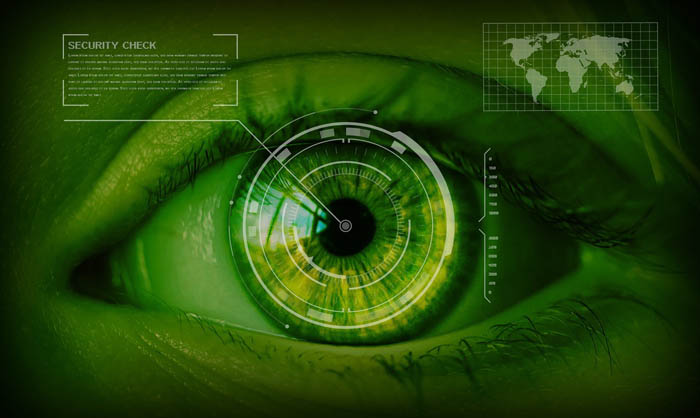
Some people have serious trust issues when it comes to storing data online. Especially, this is true for those who store documentation there. And, news about hackers stealing data appears quite often, sadly. Nobody wants their private data to leak. Even if the only harm this would bring is some mild embarrassment. But what if there was much more at stake?
Since July 2018, according to Google, all HTTP websites are considered not secure. Let’s try to figure out what this means for everyone and technical writers in particular, and how to make sure all your data is safe online.
Difference Between HTTP and HTTPS

This February, the news from Google came in – Google Chrome 68 was going to mark all the HTTP sites as potentially dangerous. And, it did. This process started a while ago. Google had been gradually increasing the percentage of HTTP sites marked as ‘not safe’. This made companies migrate their websites to safer HTTPS. The overall effect of Google’s actions turned out to be very positive – the Internet is constantly becoming safer.

But why is HTTP dangerous? Well, when you are loading such a website, your connection is not encrypted in any way, that’s the issue right there. ‘S’ in HTTPS stands for ‘secure’, so, you can be sure that the information that is transferred between your browser and the website is encrypted, and can’t be read by a third-party.
Layers of Security in ClickHelp
The ClickHelp team has always been placing special focus on security. No wonder – our tool is a cloud solution that creates an online documentation portal for clients. And, quite often, our clients’ files contain sensitive data. Here’s what we offer:
The first layer of security is the hosting facilities we work with. These are some of the safest places worldwide to store data. The hosting companies are located in Germany, Australia, and the USA. They are equipped with surveillance cameras, early warning fire alarm systems, access with electronic keys, and more. You can learn about these data centers here.

The second layer is HTTPS and the SSL certificate. This means that, as we have already mentioned, all communication between your browser and the website is encrypted and secured. With HTTP, a hacker could easily get your password or other private data as plain text. This won’t happen in ClickHelp.
The third layer is the security you can set up on the tool level yourself – in ClickHelp, there’s a possibility to create restricted user manuals and assign roles to readers and team members.
With all these security layers, we make sure that you have nothing to worry about security-wise. Trust is very important for our company.
Conclusion
We think that Google is doing a great job trying to make the Internet safer. Of course, it has a lot to do with the fact that Google itself keeps focusing on cloud services. Products like Google Docs, Google Sheets, Google Drive, etc. are extremely popular and successful. But, even if security of the whole Internet is just an awesome side effect of Google’s own interests, the results are still great!
We strongly recommend using only websites and web services providing the high level of security. Data is one of the most important resources in our society, and, since it is going online, security is vital to stay successful whatever your business is.
Good luck with your technical writing!
ClickHelp Team
Author, host and deliver documentation across platforms and devices


